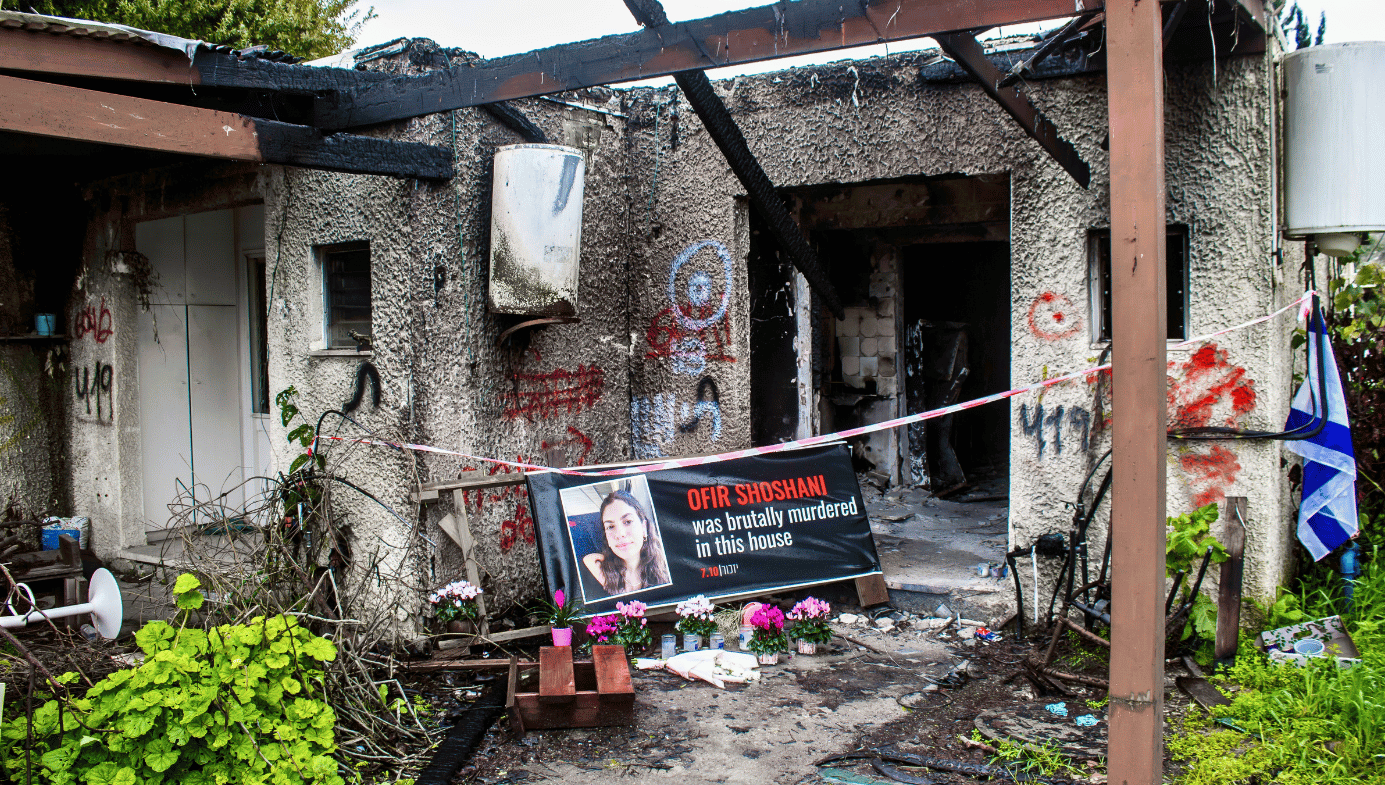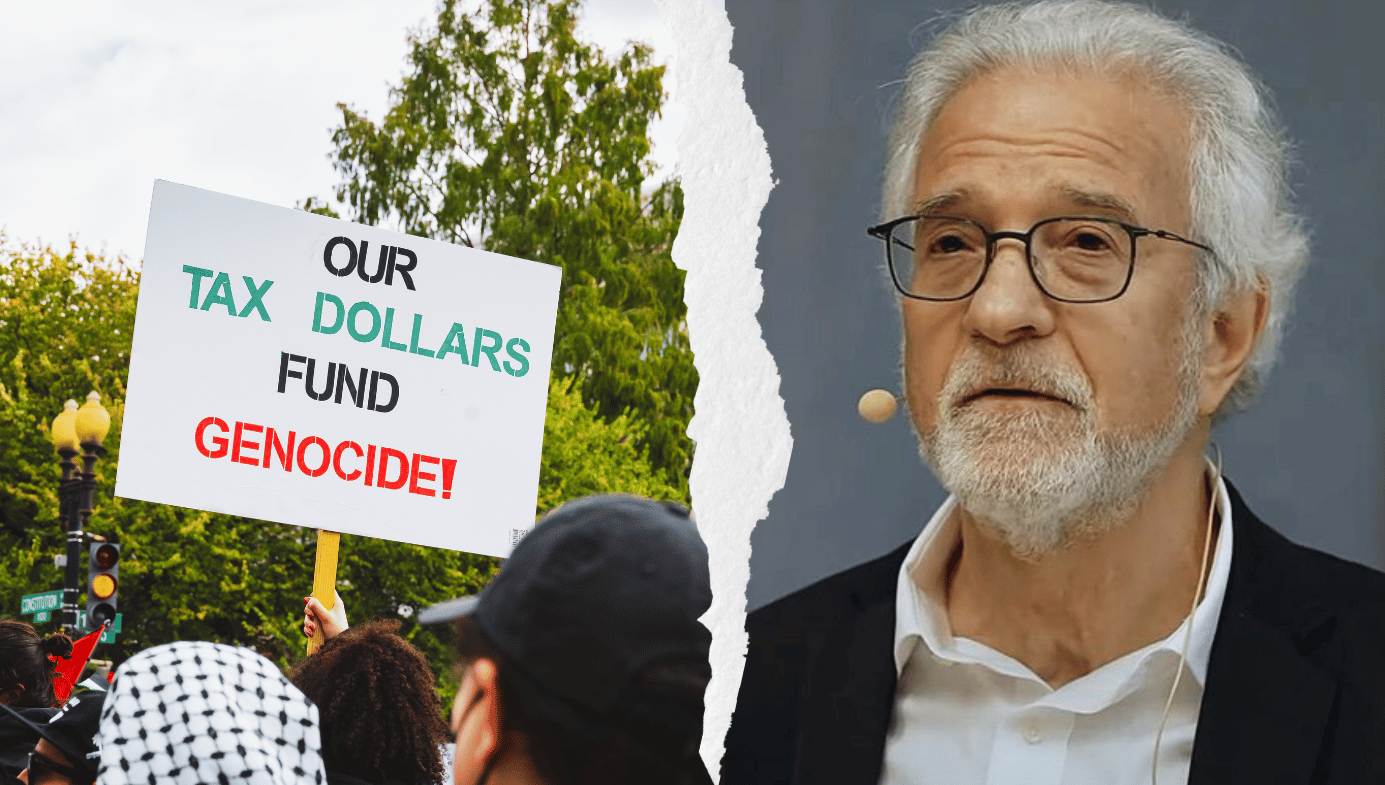Politics
An Interrupted Genocide
The widespread reluctance to describe the atrocities of 7 October correctly is an impediment to peace.

From 8 October 2023 onwards, demonstrators and organisations at Harvard, Columbia, and many other elite American universities sought to obscure or deny the realities of Hamas’s interrupted genocide on 7 October. With Israel’s retaliation still in its early weeks, some historians—including historians of the Holocaust, no less—warned that Israel was itself in danger of committing genocide in Gaza.

On campuses, scholars—most of whom taught in the humanities departments—signed statements that placed the Hamas attack into the historical context favoured by supporters of the Palestine Liberation Organisation. As Israel’s ground invasion began and Hamas’s strategy of using the civilian population in Gaza as its shield unfolded, the attention of the global media, human-rights organisations, and Western governments increasingly refocussed on the plight of Gaza’s civilians. Although the judges of the International Court of Justice found no evidence to support South Africa’s accusation that Israel was committing genocide, the global conversation and campus slogans continued to place “Israel” and “genocide” in the same sentence.
It was with this grotesque inversion of realities in mind that I accompanied a group of American international affairs scholars, a handful of historians, and a journalist on a week’s tour of Israel organised by Academic Exchange. We visited selected sites and discussed issues with a range of scholars, journalists, political figures, and activists. The following week, I travelled to Tel Aviv and Jerusalem by myself to lecture and exchange ideas with colleagues. What follows are some impressions of Israel in wartime.






